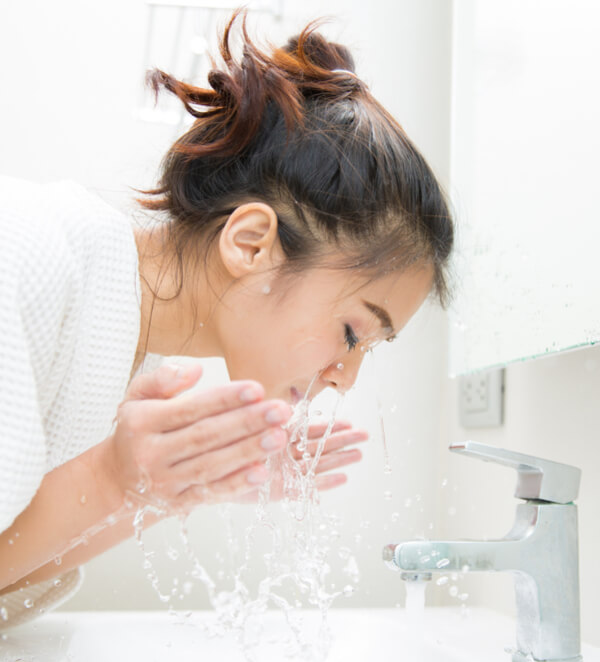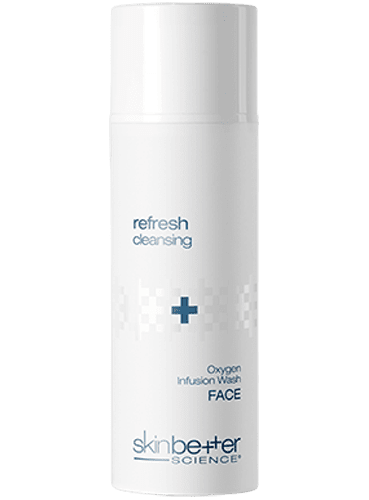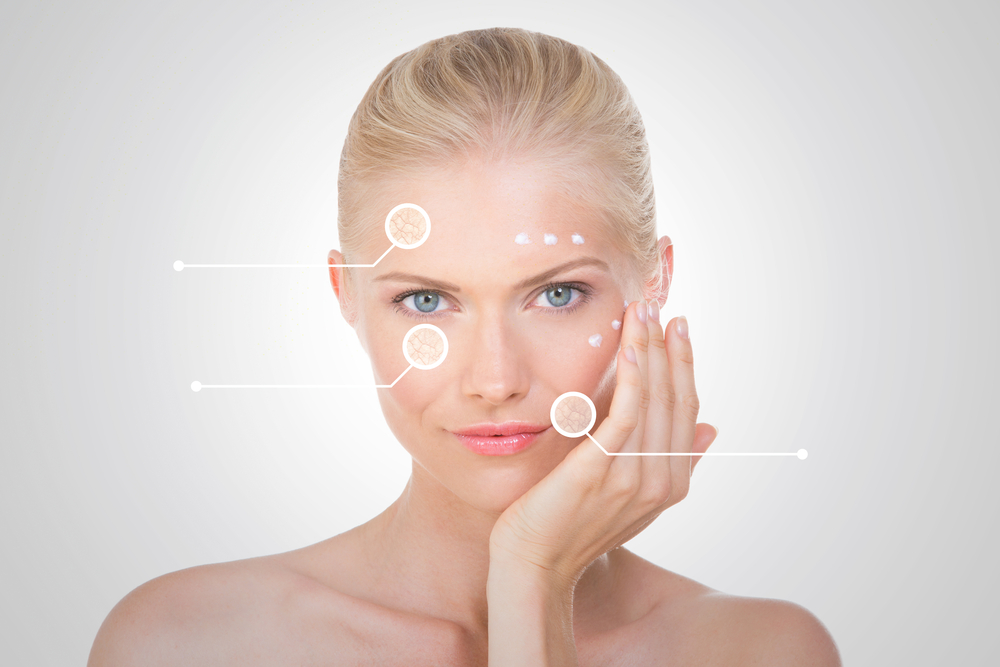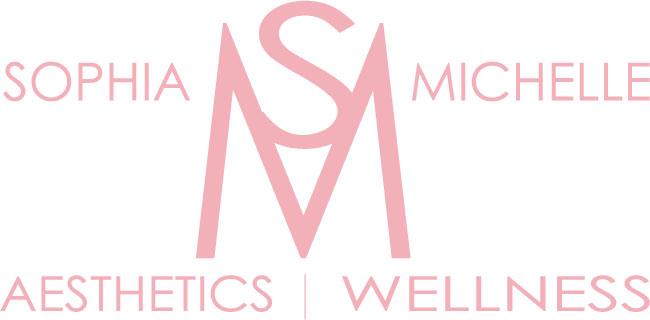

Daily Acne Prevention
Daily Skincare Regimen:
Often, our acne clients discover during their first consultation that daily skincare, or the lack thereof, can be the leading cause of persistent acne. The skin can become inflamed and irritated by improper cleaning methods such as harsh chemicals, aggressive scrubs, poor cleansers, or unknown allergies to products. Acne is the result of the clogging of pores. Our treatment plans include identifying the optimal cost-effective daily skincare products that treat the identified causes of sebum overproduction. Our goal is to reduce breakouts in quantity and severity, to prevent permanent acne scarring. Acne is a treatable condition. People get bombarded with marketing strategies promising resolution with little results, and end up feeling hopeless. Everyone needs a balanced daily skin regimen that is specific to their individual equation.
Diet:
Often, our acne clients have food allergies that stimulate the body to produce higher levels of sebum. Further, not enough water, essential vitamins, and nutrients can cause the body to work in overdrive. Other clients are eating foods that stimulate oil production, such as sugars, and certain oils. Understanding the importance of a healthy diet based on your body’s individual needs, is a key to reducing inflammation and acne development.
Sleep:
The lack of sleep can cause increased levels of sebum production leading to clogged pores. The body is working on overdrive, and typically has a higher level of toxins. Body temperatures naturally rise, and sebum production does as well. People require varying levels of sleep; however; a minimum of eight hours is recommended for patients who have genetic or other hormonal causes of acne.

Daily Stress Reduction:
Stress is one of the most common causes of acne. The rapid increased production of sebum causes pores to suddenly become clogged, not allowing them to drain the sebum adequately. Have you considered using essential oils, nutrition, exercise, or yoga to reduce your stress level? Are you living with chronic pain? Pain can also increase stress levels. Our practice has expert relationships with collaborative consultants who can help you reduce the impact of stress on your body, resulting in decreased sebum production, and clogged pores.
Daily Regimen:
Consistent Daily Regimen: (AM & PM Minimum)
Choosing a consistent daily regimen of cleanser, acne treatment and moisturizer is crucial to improving the pH balance of the skin. When an individual is suffering from an active breakout or commonly has a breakout associated with a known trigger, additional therapies are commonly prescribed. Ask Sophia Michelle Aesthetics about the best medical-grade daily regimen options for your acne-prone skin.
Do not scrub your skin.
Use a gentle cleansing cloth or single-use cloth. Using your clean fingertips is also a good option.
Rinse your skin with lukewarm water.
Using water that is too hot can dry out your skin and trigger an overproduction of sebum, leading to more breakouts.
Clean your scalp daily.
An oily scalp can create an environment for bacteria to grow, and make your pillow dirty. Our scalp gets just as dirty as our face every day, so clean your scalp, but don’t wash the strands – instead, condition them. This will help promote healthy follicles and maintain a clean scalp.
Prevent dry skin.
Dry skin can become inflamed and irritated. The goal of prevention and treatment should be pH balance to reduce oil production and control bacteria.
Stop trauma to your skin.
A licensed professional should perform all acne extractions. Picking and self-extractions can cause inflammation and progression of acne, and worst of all, severe scarring.
Reduce sun or UV light exposure.
Wear hats, medical grade sunscreen and reduce long-term heat exposure to your skin.

Topical Medications:
Retinoids and retinoid-like drugs.
These medications come in creams, gels and lotions. Retinoid drugs are derived from vitamin A and include tretinoin (Avita, Retin-A, others), adapalene (Differin) and tazarotene (Tazorac, Avage). A common therapy used to help control acne, prescription acne medication is typically applied in the evening. Most clients begin by applying the medication every other day, working up to nightly applications.
Salicylic acid and azelaic acid.
Commonly prescribed for mild acne, these medications are used in the morning and evening in combination with antibiotic therapy or alone. Azelaic acid is a naturally-occurring acid found in whole-grains and animal products. When 20 percent Azelaic acid in a cream form is used, studies have found it to be as effective as antibiotic therapy.
Dapsone.
Used to treat inflammatory acne, Dapsone (Aczone) often causes significant dryness and redness. Applied in the morning and evening, this 5 percent gel is especially recommended for adult females.
*Per the American Academy of Dermatology, there is little evidence to support the use of zinc, sulfur, nicotinamide, resorcinol, sulfacetamide sodium or aluminum chloride in topical treatments for acne.
Oral Medications:
Antibiotics.
Used to kill excess bacteria and reduce redness. Benzoyl peroxide is commonly used in combination, however, resistance is also a common issue. Antibiotics are typically used in the morning, and a retinoid in the evening. New therapies that combine antibiotics with benzoyl peroxide help to reduce the resistance of acne to antibiotics alone. However, short courses are also recommended to prevent resistance, and undesired side effects like oral and genital candidiasis, disruption of the natural flora of the GI tract, and sun sensitivity have been reported. Topical antibiotics are usually not recommended.
Anti-androgen agents.
Spironolactone (Aldactone) is a drug used in adolescent girls and/or adult women who become resistant to antibiotics or do not achieve optimal results. Aldactone blocks the effects of androgen hormones on the sebaceous glands, therefore reducing the production of sebum.
Combined oral contraceptives.
The combination of combined estrogen and progestin in oral contraceptives (Ortho Tri-Cyclen, Yaz, etc.) can help improve the regulation of hormones and reduce sebum production. Some common side effects include nausea, weight gain, and breast tenderness, and the risk of blood clots increases while taking estrogen. Additionally, it can take several months to see visible results.
Low-Dose Prednisone
Severely inflamed cystic acne can be treated with a small dose of an injected steroid. Steroids should only be considered for very painful and inflamed acne, due to the potential side effects.
Isotretinoin.
Isotretinoin (Amnesteem, Claravis, Sotret, Accutane) is used to treat severe resistant acne. This medication is extremely effective, however, has some serious potential side effects, including ulcerative colitis, depression and suicide, and severe birth defects. Isotretinoin should only be used if every other treatment has proven ineffective.
